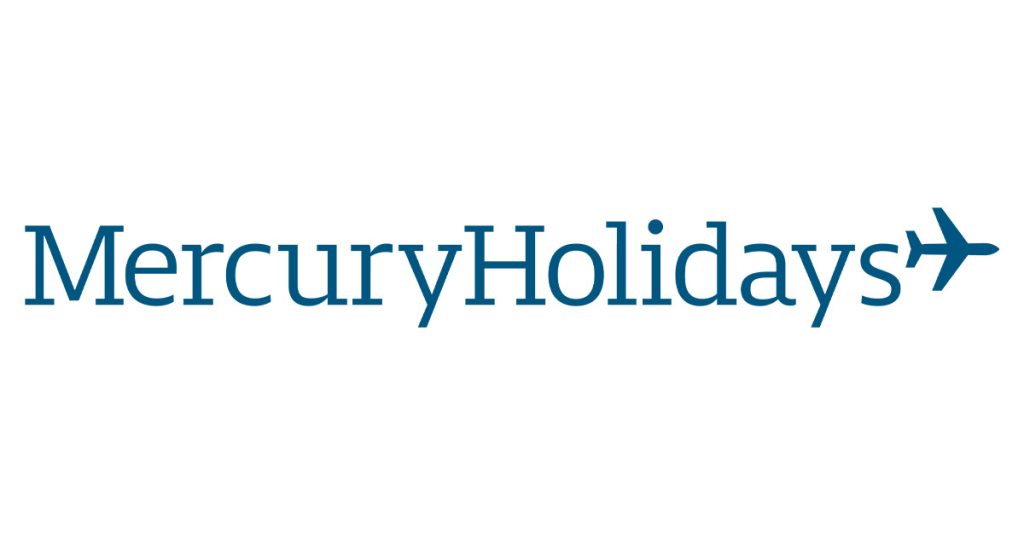A misleading advertisement by an operator promised a ‘free’ holiday week in Madeira, which led to its ban by the advertising watchdog. The incident raised concerns over transparency in travel marketing, highlighting the complexities of promotional offers and their interpretations.
- Mercury Holidays advertised a ‘Winter Warmers’ package promising a fourth week for free, triggering consumer complaints about the misleading nature of the offer.
- The Advertising Standards Authority (ASA) ruled against Mercury Holidays after a consumer found that the advertised ‘free’ week wasn’t truly free when booking.
- ASA noted discrepancies in pricing, where a four-week stay was costlier than a three-week stay, even though the fourth week was meant to be free.
- Mercury Holidays has pledged to update its internal processes to prevent future misunderstandings in their promotional offers.
The controversy began when Mercury Holidays advertised a ‘Winter Warmers’ package offering a ‘free’ fourth week for select all-inclusive winter trips to Madeira. This advertisement appeared in the Daily Mail in May, promising substantial time extension at no additional cost.
However, a consumer’s attempt to book the advertised deal led to a discontented discovery. Despite the promise, the booking process revealed that the cost of a four-week stay exceeded that of a three-week stay, effectively nullifying the ‘free’ offer claim.
Sunspot Tours, which operates as Mercury Holidays, defended the advertisement by stating that the option for a four-week holiday with the fourth week free was indeed available on their website. They provided the ASA with examples of applicable bookings during specified periods from November 2024 to February 2025.
After investigating, the ASA disputed Mercury Holidays’ defence. The authority noted that the complainant experienced higher charges for the supposed ‘free’ fourth week, with total costs exceeding the price of a three-week stay. This pricing discrepancy contradicted what consumers would logically expect if the extra week were genuinely free.
The ASA identified that the three-week holidays in question benefited from a separate 15% ‘early bird’ discount, a reduction not extended to the four-week option. Consequently, this inconsistency meant consumers faced increased costs contrary to the advertisement’s promise.
In response, Mercury Holidays’ chief marketing officer, Chris Armond, acknowledged an issue with their ‘great value’ fourth week offer, attributing the confusion to an overlap with a different discount on shorter stays. Armond assured a commitment to transparent value deals and stated that processes would be revised to prevent future advertising discrepancies.
The Advertising Standards Authority’s decision underscores the necessity for clarity and transparency in holiday promotions to ensure consumer trust.

